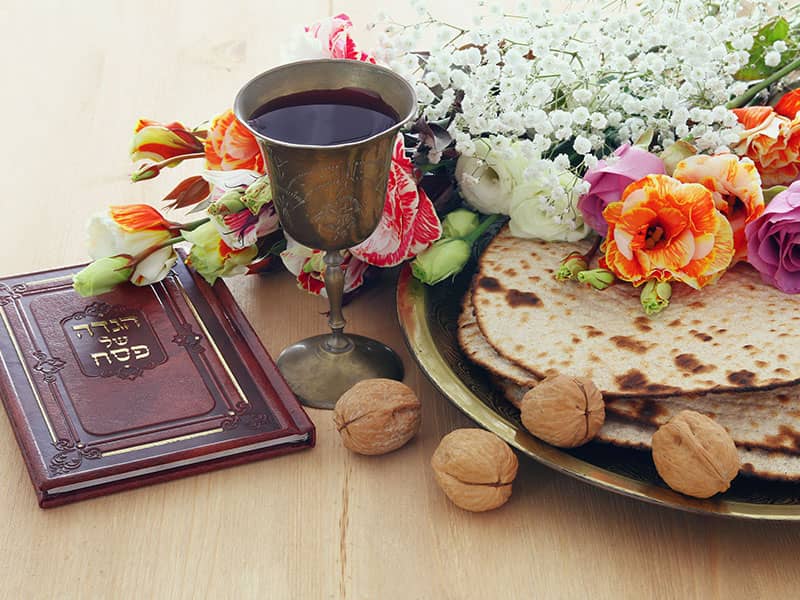This Rosh Hashanah, as Jews of all stripes flock to synagogues and recite prayers such as "Spread over us your shelter of peace," we might stop to ask if there is still an "us" to pray for. It is ironic that at a time when Jews have the blessings of safety and prosperity, a simple prayer for peace becomes so complicated.
Imagine: If you jumped back 100 years, you'd find very few Jews who envisioned that their grandchildren and great-grandchildren today would be enjoying not only security and power in many places around the world but would also have their own homeland. Certainly they wouldn't have thought that an Orthodox Jew could be a contender for vice president.
But here's the question: Would they have imagined, even at a time when we had restored Jewish life to an unprecedented height, that our internal conflicts would escalate to levels of slander and violence?
When you think globally, this becomes a frightening question. From Sarajevo to Istanbul to Kigali, religious and ethnic identities have led to suffering and division among people who once felt unified. Sadly, the Jewish people have been affected by this trend.
This year, there were countless stories on the nightly news and in the newspapers of personal attacks and vandalism by Jews reacting to the spiritual, political, or ideological views of other Jews. In Israel, this has been at its most extreme, but here, too, we have felt the shock waves.
There is a deeper irony here. For 4,000 years, a people who have dealt with persecution from outsiders are now feeling hostility from within.
And while extremists may shout accusations, there are those who have always affirmed that there is another way to see conflict.
At CLAL-The National Jewish Center for Learning and Leadership, our vision is that Jewish people can only thrive when we see diversity as an asset--that living in a world of multiple voices gives us an opportunity for intellectual and spiritual growth never before imagined. But that diversity is only sustained when we remember what unites us, and have an open heart for understanding the places where we experience conflict.
So, in this spirit, I came up with a few reminders of the things we share. They are:
If we can keep these things in mind over the coming year, it will help generate a first step toward achieving goodwill and tolerance.
But clearly, it takes more than sentiment to change the way we think of one another.
So I also came up with some suggestions for how we could all do a small part in changing the tone of Jewish dialogue.
Ultimately, the question is: Can we remain a unified people, sharing a common purpose? The words of the High Holiday prayer book give us an answer:
"May we all be written into the book of life, of blessing, of peace, and of success. Remember us, and write our names in for good life and peace with the names of all your people Israel."

